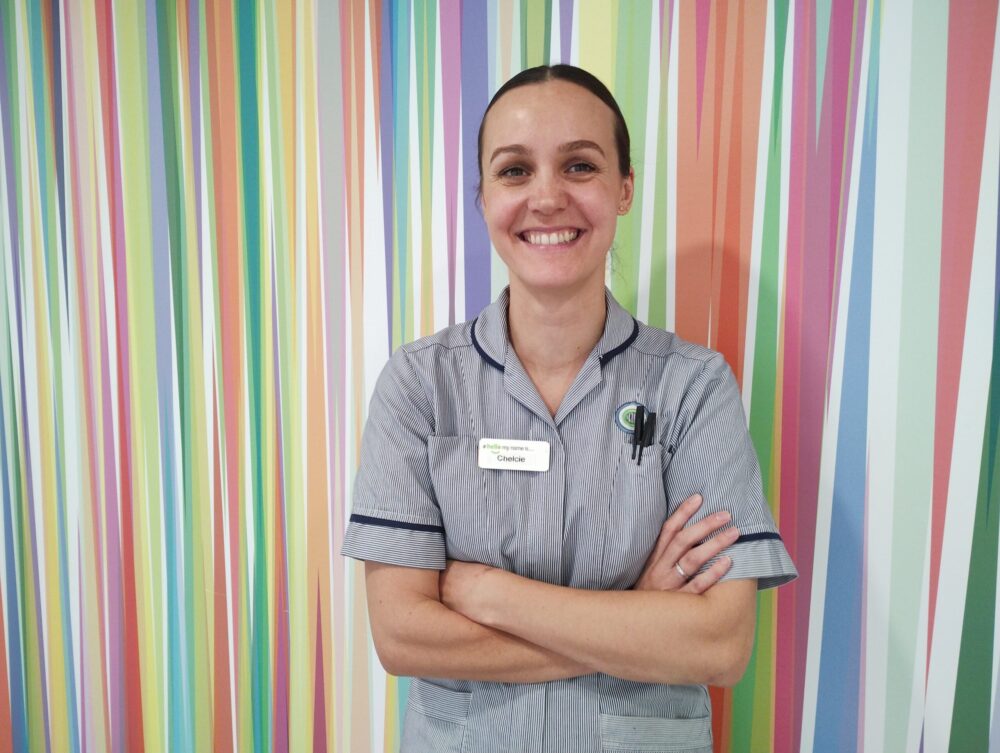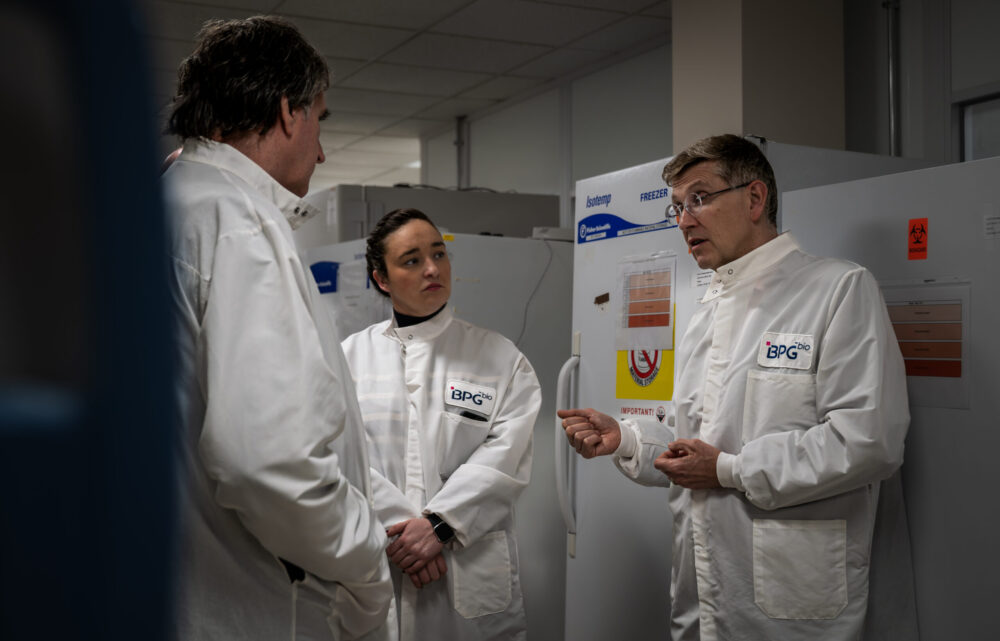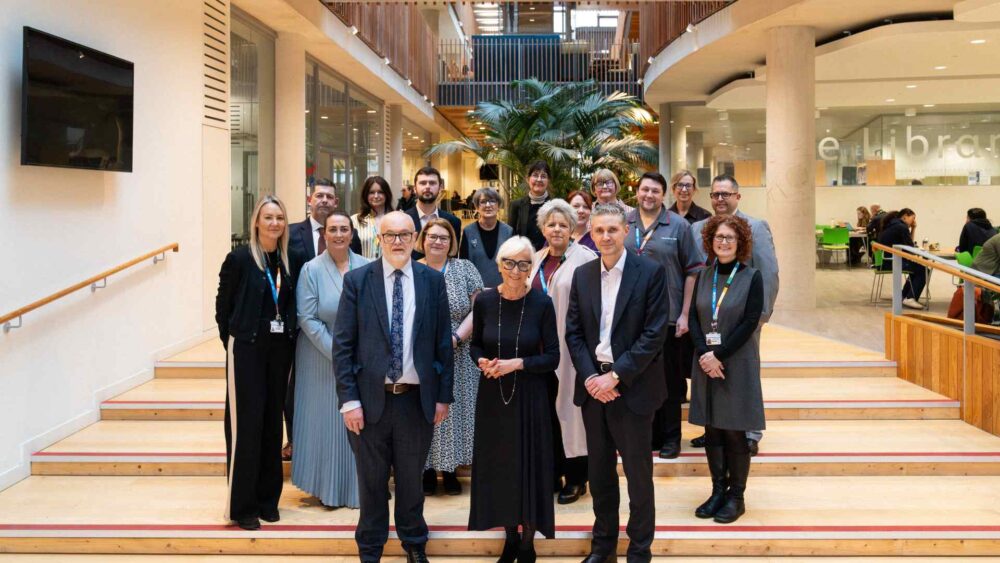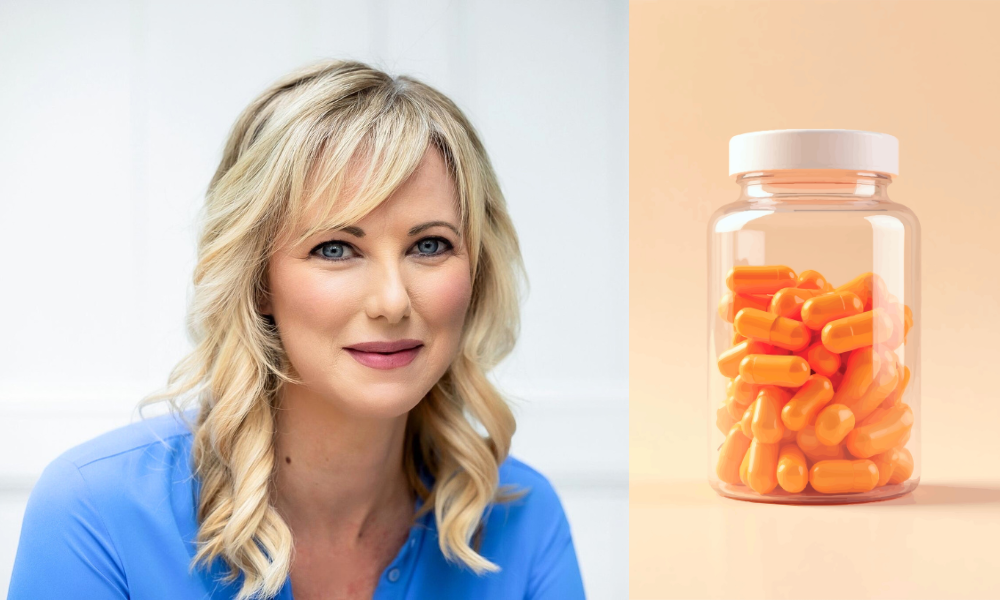
Health & Fitness
New specialist nursing service at Clatterbridge helps support secondary breast cancer patients
1 year ago

Patients with secondary breast cancer are benefiting from a new specialist nursing service at The Clatterbridge Cancer Centre that is solely dedicated to managing and reducing side-effects from cancer treatment.
The service – which launched in January 2024 and is currently being piloted – is provided by a clinical nurse specialist (CNS) who is part of The Clatterbridge Cancer Centre’s metastatic breast cancer team.
Clatterbridge is one of the only cancer centres in the UK with such an extensive team of specialist nurses supporting patients with secondary breast cancer – also known as advanced or metastatic breast cancer – at hospitals in their local areas.
It is not unusual for people with breast cancer to experience unpleasant or serious side-effects from treatments such as chemotherapy, targeted therapies, immunotherapy or radiotherapy. Treatment can weaken the immune system, for example, leaving them vulnerable to serious infections, or they can have reactions to treatments that use the immune system to attack cancer cells.
In some cases, patients become so unwell that they have to pause or stop their cancer treatment. This can be particularly difficult for those with secondary breast cancer – cancer that has already spread from the breast to other parts of the body.
The new nursing service helps patients to stay on treatment and have a better quality of life while on treatment by spotting, managing and reducing any side-effects they experience.
Chelcie Faulkner, the clinical nurse specialist who provides the service, advises patients with secondary breast cancer who are developing side-effects, offers them support and liaises with other teams to make any adjustments needed to keep them well enough for treatment.
She also reviews and supports any secondary breast cancer patients who have contacted The Clatterbridge Cancer Centre’s 24-hour Hotline service with mild to moderate treatment side-effects.
Chelcie explains:
“It’s all about catching side-effects early and working with the rest of their clinical team to support patients in managing these side-effects. Early intervention means patients can potentially remain on treatment for longer.
“For example, I will explain to patients that if they have vomited four times in a day after treatment, they should contact us so we can put them on a different anti-sickness tablet. We don’t want them to get to a stage where they are vomiting so much that they become too unwell for their next treatment.
“I also advise and support patients who are on specific treatments that can be very effective but are also known to have a risk of potentially serious side-effects. It means patients know what to look out and what to do if they start developing any early signs of these side-effects.”
Consultant Medical Oncologist Professor Carlo Palmieri, who specialises in secondary breast cancer and helped establish the post as part of a collaborative project with Novartis, said:
“This new nursing service has been hugely beneficial for patients with advanced breast cancer. It is helping people to stay on treatments that are clinically very effective and also means patients can enjoy a better quality of life on treatment by controlling and reducing any less serious side-effects.”
The pilot will be evaluated in 2025 to assess its overall impact and options for the future.












 Subscribe
Subscribe Follow Us
Follow Us Follow Us
Follow Us Follow Us
Follow Us Follow Us
Follow Us











